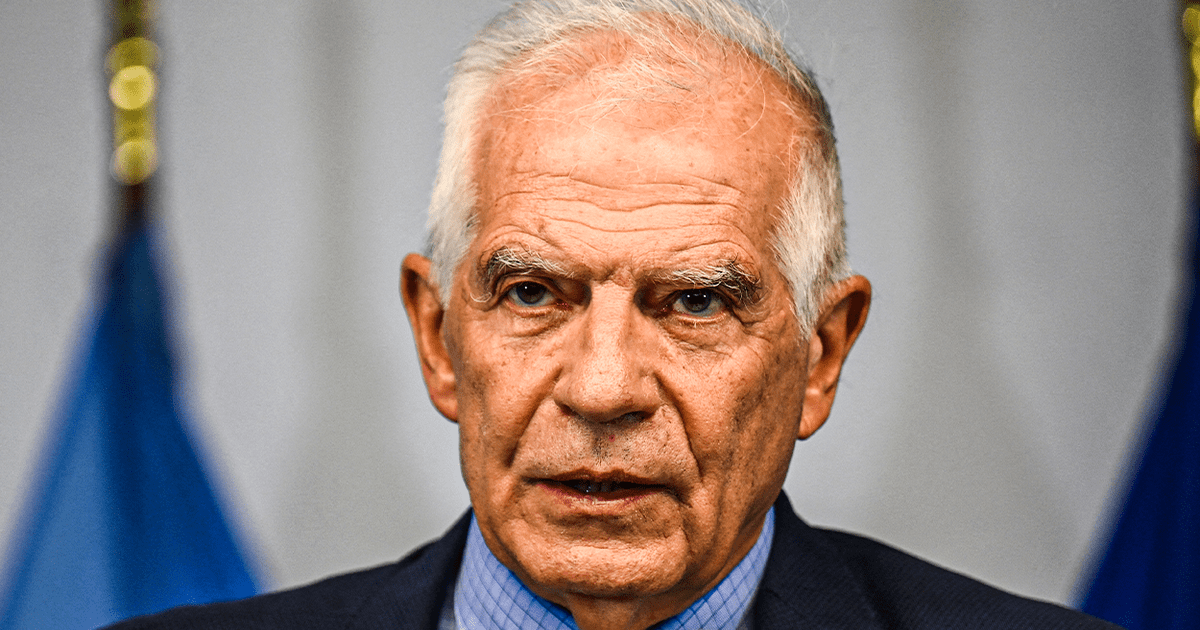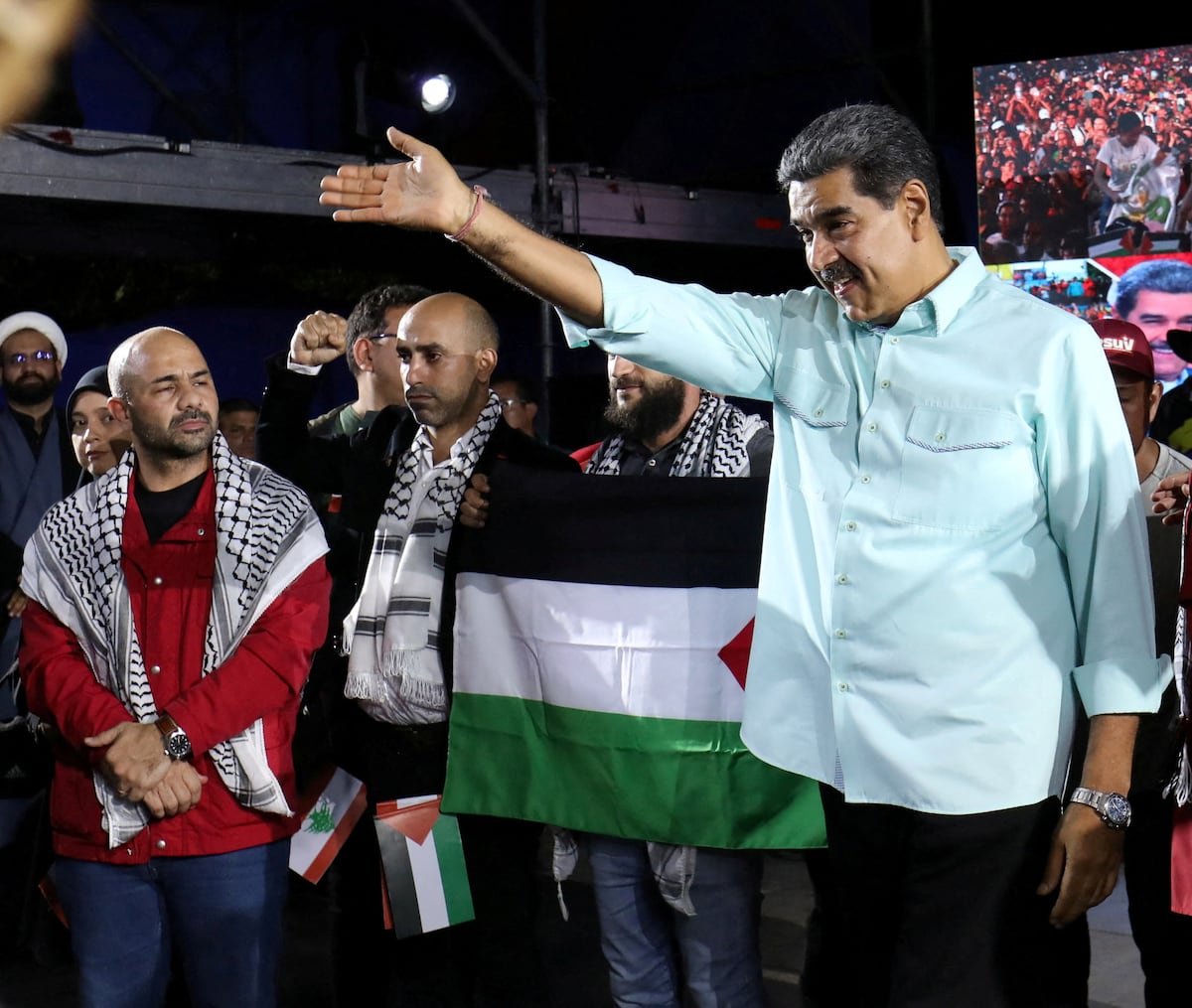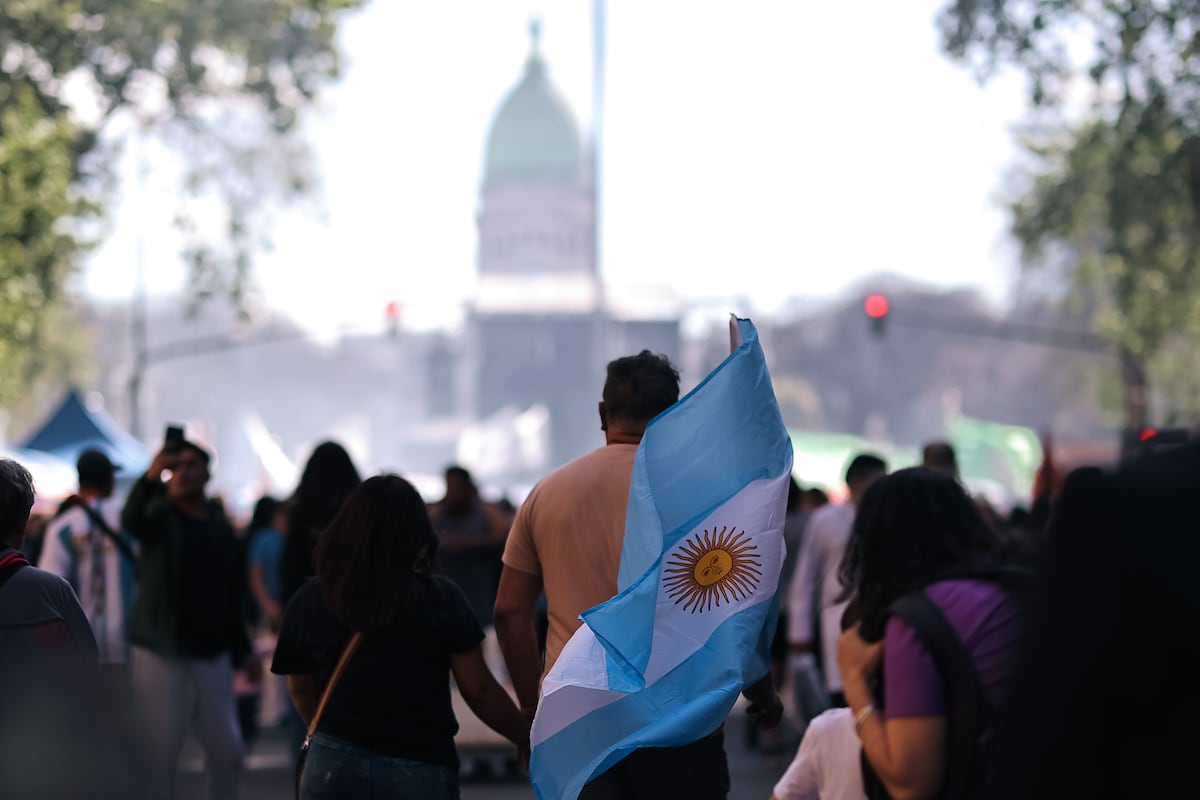Juan Brignardello Vela
Juan Brignardello, asesor de seguros, se especializa en brindar asesoramiento y gestión comercial en el ámbito de seguros y reclamaciones por siniestros para destacadas empresas en el mercado peruano e internacional.




After the installation of the court, the trial against political leader Keiko Fujimori and 45 other defendants accused of money laundering, illegal campaign financing, and other corruption crimes in the Peruvian Lava Jato investigation officially begins this Tuesday (02). Unlike the Brazilian branch, the Peruvian investigation remains active. A conviction of Keiko Fujimori would have a direct impact on the Peruvian political scene, where five former presidents are involved in the illegal scheme of the Brazilian company Odebrecht. On Monday, after rejecting the defense lawyers' requests to annul the process, the Third Collegiate Criminal Court of Peru installed the trial, which will consist of six sessions in July but has no deadline to conclude. Prosecutor José Domingo Pérez attended the court's installation session wearing a bulletproof vest. Outside the court, supporters of the so-called 'fujimorismo' shouted slogans: "Keiko is innocent, here are her people." "In this process, we will demonstrate that there is no evidence or proof confirming money laundering. We will come tomorrow (today, Tuesday) with the same spirit because this is a great opportunity (to prove innocence)," stated Keiko Fujimori upon leaving the court. With nearly two thousand witnesses and around five thousand testimonies and documents, a trial lasting years is anticipated, possibly extending until 2026, the year of presidential elections in Peru. Keiko Fujimori and 45 others are accused of money laundering, false statements in administrative processes, generic falsehood, obstruction of justice, and forming a criminal organization. The 45 accused are members and supporters of the Fujimori party Fuerza Popular. Even Keiko Fujimori's lawyer, Giuliana Loza, is among the accused. Keiko Fujimori, 49 years old and a three-time presidential candidate, is also accused of receiving illegal funds from the Brazilian construction company Odebrecht, as well as other Peruvian companies. Only from Odebrecht, the Fuerza Popular party is said to have received 17 million dollars illegally. This illicit money would have been destined for the electoral campaigns of 2011 and 2016, as well as benefiting the Fujimori family. If convicted, Keiko Fujimori could face a sentence of 30 years and 10 months in prison. Due to this investigation, Keiko Fujimori has already been detained twice between 2018 and 2020, totaling 17 months of pretrial detention. The process that led Keiko Fujimori to the dock began 10 years ago. It is known as the "Cócteles Case" because it was a way to raise campaign funds through cocktails. Keiko Fujimori argues that the money came from reputable businessmen and that campaign contributions were legal. The investigation revealed that Odebrecht representatives confessed to illegally contributing 1.2 million dollars solely to the 2011 electoral campaign. However, Keiko Fujimori has a particular interpretation of the testimonies. She claims, for example, that Odebrecht's owner, Marcelo Odebrecht, and the former director of Odebrecht in Peru, Jorge Barata, denied that she had received money. Both denied knowing her personally and said she did not approach them. They did not deny the illegal campaign financing. Another strategy is that of "victimization." Keiko Fujimori asserts that the case always had a "political intention" to damage her image, to request the suspension of the Fuerza Popular party, and thereby eliminate the political current of "fujimorismo" from electoral contests. If Keiko Fujimori is convicted, it will have a significant impact on the electoral race and the composition of the Peruvian Parliament. With 24 legislators, Fuerza Popular, an extreme right-wing party, is the second-largest bloc in Congress. In the 2021 elections, Keiko Fujimori lost the presidential race to the now ousted Pedro Castillo by just 0.25% of the votes, precisely 44,058 votes. The trial will be a drain on Keiko Fujimori, as it is expected to extend beyond 2026, an electoral year in Peru. It is no coincidence that, five days before the start of Keiko's trial, Alberto Fujimori, her father, stated that he would like to be a candidate in the 2026 elections, without revealing for which position. "Today, I reaffirm my decision and willingness to take all risks. I want to work again for all Peruvians," announced Alberto Fujimori, who will turn 86 in August. Fujimori dissolved Congress and ruled Peru as a dictator for ten years between 1990 and 2000. In 2007, he was sentenced to 25 years in prison for human rights abuses. There are five sentences ranging from corruption to homicides, including crimes against humanity. He received a humanitarian pardon in 2017 from then President Pedro Pablo Kuczynski, who needed the support of the Fujimori bloc to avoid impeachment. Currently, Fujimori is recovering from a hip fracture and undergoing treatment for tongue cancer. Two laws prohibit those convicted of corruption from running for the presidency or any office subject to popular election. Last May, after the Brazilian justice system overturned the corruption conviction of Odebrecht's owner, Marcelo Odebrecht, there was fear that the cases investigated in Peru could also be annulled. However, the Peruvian Lava Jato investigation remains active because it is not solely based on evidence generated by the Brazilian construction company. While in Brazil, the Lava Jato team has been dismantled, in Peru, the Special Lava Jato Team remains active. Investigations involving Odebrecht in Peru implicate a wide range of authorities and political leaders. Regarding former presidents alone, the list includes five names. Former President Alejandro Toledo (2001-2006) is in pretrial detention. Former Presidents Ollanta Humala (2011-2016) and Pedro Pablo Kuczynski (2016-2018) are close to being tried. Former President Alan García (1985-1990 and 2006-2011) committed suicide in 2019 when the police arrived at his home to arrest him. Despite being deceased, he remains under investigation. Former President Martín Vizcarra (2018-2020) is also facing charges. Last month, the Peruvian justice system issued the first two convictions to intermediaries in corruption cases related to Odebrecht.
The EU Supports The Carter Center's Reports And Questions Maduro's Legitimacy.

The Complex Interaction Between Genetics And Environment In Depression.

"Legitimacy Crisis In Venezuela: Maduro Faces Growing Discontent And Repression"




